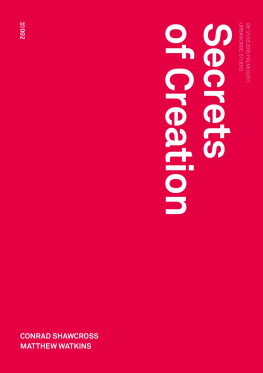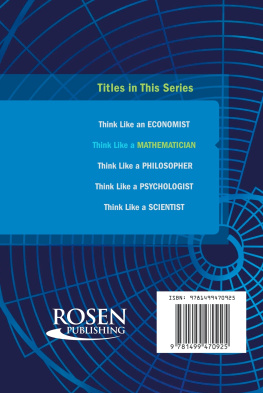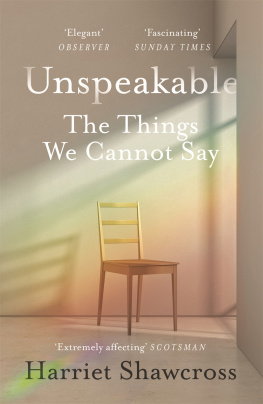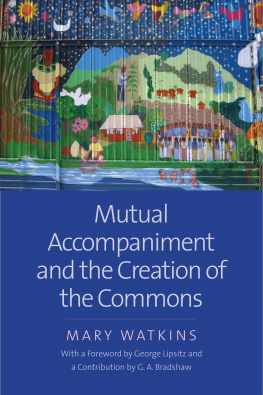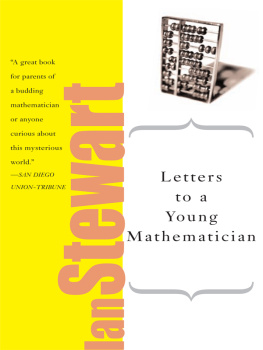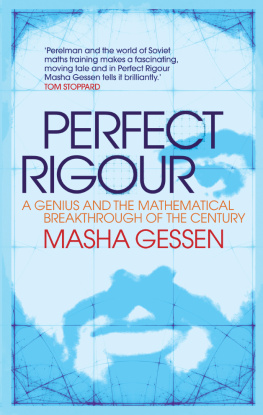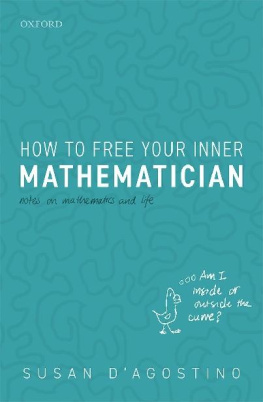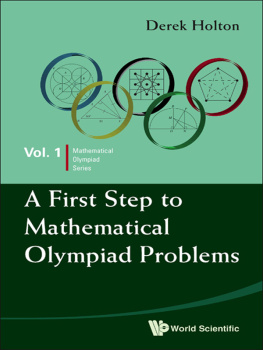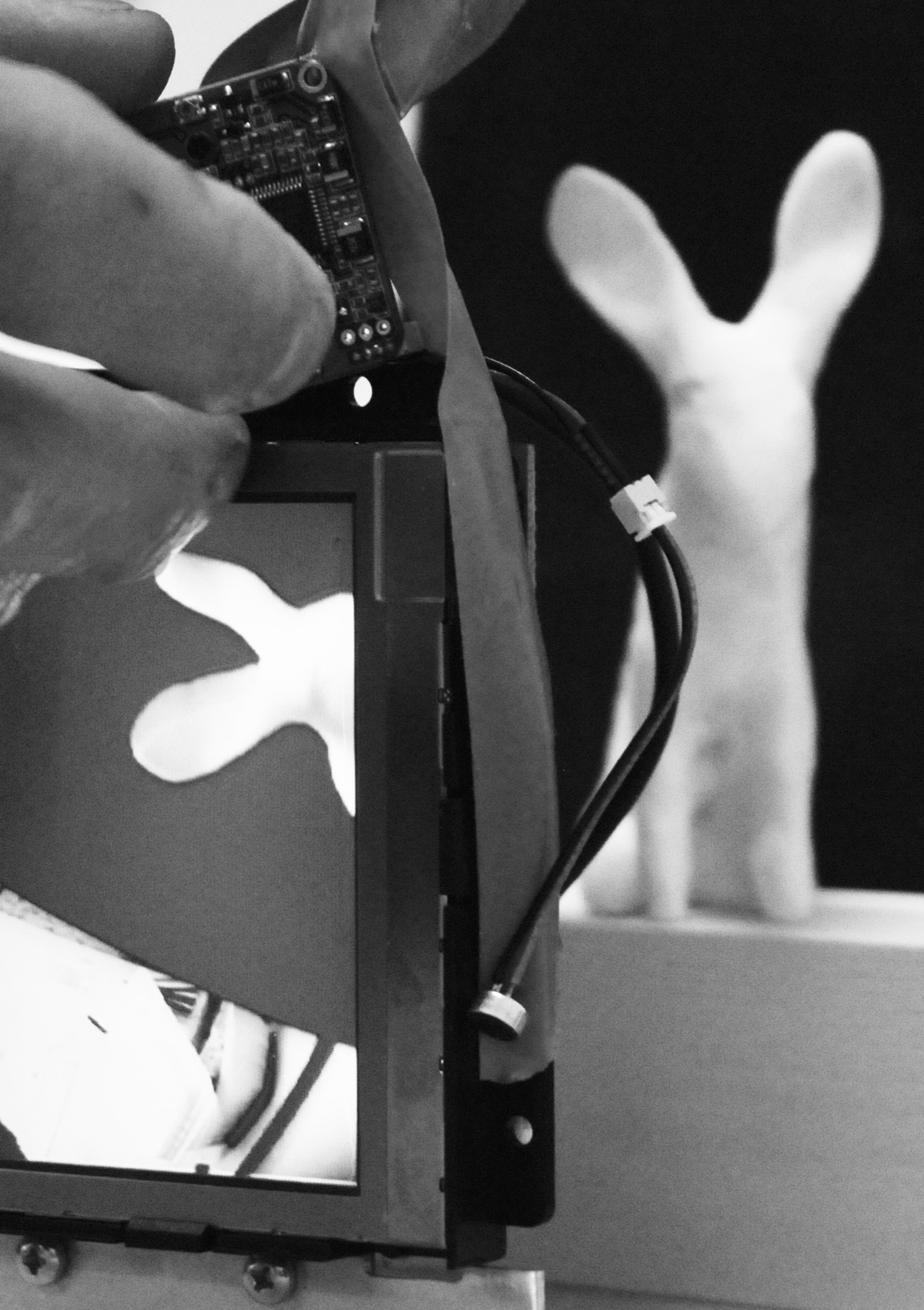Published in 2020 by:
Urbanomic Media Ltd,
The Old Lemonade Factory,
Windsor Quarry,
Falmouth TR11 3EX
United Kingdom
The Secrets of Creation project was funded by Arts Council England.
Urbanomic Media Ltd.
All rights reserved.
No part of this book may be reproduced or transmitted in any form or by any means, electronic or mechanical, including photocopying, recording or any other information storage or retrieval system, without prior permission in writing from the publisher.
ISBN (Print Edition): 978-0-9575295-1-9
www.urbanomic.com
d_r0
Introduction: The Madness of Dramatization
But I think for the communication of what happened and what we can draw from it, that will have to wait until we put it into a publication. Because its going to take us a long time to work out exactly what happened and put it in order.
RM, Tape #19, 28:58
Given any concept, we can always discover its drama.
Gilles Deleuze, The Method of Dramatization
An experiment in (or without) method, Secrets of Creation traverses the most exalted terrains of higher mathematics and makes the most unreasonable demands on art, only to terminate inconclusively with the construction of an assemblage whose rudimentary gesture scarcely reaches the level of elementary arithmetic and whose aesthetic indifference disbars it from claiming any artistic merit. A project designed as an antidote to the PR slickness and spectacular vaunting of science typical of the sci-art that was a feature of the cultural landscape in the early 2000s,meant that, rather than art serving the cultural promotion of science under cover of a celebratory invocation of vague notions of their common creativity, art was knotted together with science and philosophy in a thoroughly perplexing fashion.
The artist Conrad Shawcross and the mathematician Matthew Watkins spent a week in discussion, with no expectation that anything would be produced, the intention being to present to the public the process of collaborative research itself, in the form of whatever it left behind. The question posed to the two residents in effect invited them to extend their existing practice: In Watkinss case, presenting his speculative research on prime numbers to nonmathematicians, and in Shawcrosss, creating artworks from meticulously engineered systems that employ space and motion to explore scientific and philosophical questions. It also opened onto the broader social question of the widening gulf between those with scientific training and a majority subjected to a technological regime with little comprehension of the underlying concepts that make it possible. We hoped to attack the question of whether the work of artists can somehow help to cross this gulfas the sci-art credo assumesthrough an approach at once philosophical and oriented toward pragmatic experimentation.
Looking back, the philosophical interest of the project documented here lies not so much in this misguided question with which it was announced How can artists and artworks stage a dramatization of abstract concepts that allows them to be grasped by non-experts nor in the comedy of its eventual unfolding into a fraught attempt to demonstrate, by means of miniature wooden chariots and CCTV cameras, how 2 x 5 is a novel approach to reality, but in the way that the project engaged with the concept of dramatization itself: thematically, by retracing the most important open question in number theory back to an elementary concept of arithmetic and its anthropological origins, and immanently, in the collaborators attempt to present these fundamental concepts in a way that would engage the sensory-motor system.
A Platonism of Problems
In an introduction to his work, Albert Lautman, one of the few thinkers to have linked the mathematics of his own time with contemporary developments in philosophy, insists that although
[i]t may seem strange to those who are used to separating the human sciences from the exact sciences, to see brought together in the same work, reflections on Plato and Heidegger, and remarks on the law of quadratic reciprocity or the distribution of prime numbers [] this rapprochement of metaphysics and mathematics is not contingent but necessary.
A mathematical thinker of his timeirrevocably marked by Gdels consummation of the failure of foundationalism, inspired by the Bourbakian flowering of structuralism in mathematics, an enemy of the constructivism and conventionalism that would deprive mathematical objects of any claim to independent realityLautman shared with his friend and colleague Jean Cavaills dealing in genuine discovery rather than arbitrary invention.
To reconcile history and eternity in a stance that excludes classic Platonist idealism (the conception of an immutable universe of ideal mathematical beings) and a collapse into constructivism, Lautman rather surprisingly calls upon the philosophy of Martin Heidegger. Mathematical concepts are historical manifestations of a dialectic of Ideas which, although it cannot be expressed without them, surpasses them as Being does beings. The questions posed to this dialectic, the framing of its Ideas according to a particular epoch and circumstance, bring forth mathematical entities whose difference from the Ideas they incarnate must be honoured. It is the problematic Being of the dialectic, rather than mathematical beings, that is eternal. In an articulation that fuses a Platonism, and perhaps Hegelianism, with a Heideggerian gesture, Lautman claims that
[t]here is therefore a sense in which one can speak of the participation of distinct mathematical theories in a common dialectic that governs them.
The Ideas of this dialectic must be conceived as Ideas of possible relations between abstract notions [].
Even though the indeterminacy of these dialectical dynamisms means that the Ideas that emerge from them continue to transcend their actualisations, they find a favoured material in the mathematical concept:
It seems to me that [the] meaning [of mathematical concepts] lies in their attachment to a metaphysics (or dialectic) of which they are the necessary extension . In short, they constitute the matter the closest to Ideas . It doesnt seem to me at all that this would belittle mathematics, on the contrary it confers upon them an exemplary role.
The exemplary role of mathematics, then, relates paradoxically to its being a concrete testing ground. Philosophy may well contemplate and muse upon what Lautman terms the possible liaisons between the notions of an Ideal dialectic continuous and discontinuous, local and global, whole and part, etc.and may even produce metaphysical sketches of them. But it is mathematics that offers the concrete means to construct precise determinations of these liaisons, and generate fields of possible solutions to the problems they describe:
[T]hought necessarily becomes involved in the elaboration of a mathematical theory as soon as it claims to resolve in a precise way a problem that could be raised in a purely dialectical way [].
As well as providing an account of the reality of mathematical objects, then, Lautmans approach affords the philosopher willing to attend to actual mathematics a unique opportunity to contemplate the process of the genesis of the real from an Ideal register characterised as problematic. In this Platonism of the problem, the presence of fundamental unresolved themes perpetually organises the objects of contemporary mathematics and constitutes the ground of the possibility of mathematical objects as such.

